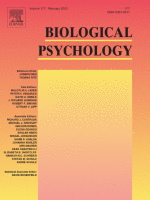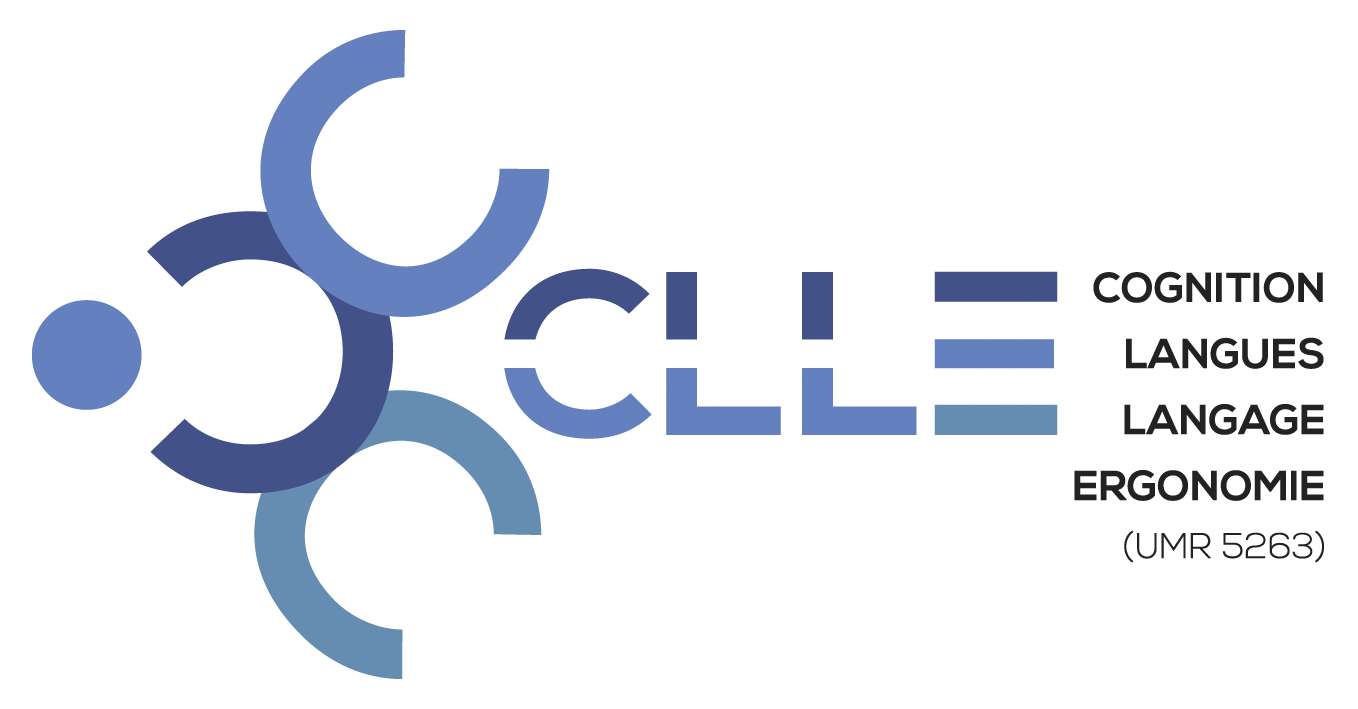-
Partager cette page
Mental strategies and resting state EEG: Effect on high alpha amplitude modulation by neurofeedback in healthy young adults
Publié le 22 mars 2023 – Mis à jour le 22 mars 2023
Chikhi, S., Matton, N., Sanna, M., & Blanchet, S. (2023). Biological Psychology, 108521.
 Neurofeedback (NFB) is a brain-computer interface which allows individuals to modulate their brain activity. Despite the self-regulatory nature of NFB, the effectiveness of strategies used during NFB training has been little investigated. In a single session of NFB training (6*3 min training blocks) with healthy young participants, we experimentally tested if providing a list of mental strategies (list group, N = 46), compared with a group receiving no strategies (no list group, N = 39), affected participants’ neuromodulation ability of high alpha (10–12 Hz) amplitude. We additionally asked participants to verbally report the mental strategies used to enhance high alpha amplitude. The verbatim was then classified in pre-established categories in order to examine the effect of type of mental strategy on high alpha amplitude. First, we found that giving a list to the participants did not promote the ability to neuromodulate high alpha activity. However, our analysis of the specific strategies reported by learners during training blocks revealed that cognitive effort and recalling memories were associated with higher high alpha amplitude. Furthermore, the resting amplitude of trained high alpha frequency predicted an amplitude increase during training, a factor that may optimize inclusion in NFB protocols. The present results also corroborate the interrelation with other frequency bands during NFB training. Although these findings are based on a single NFB session, our study represents a further step towards developing effective protocols for high alpha neuromodulation by NFB.
Neurofeedback (NFB) is a brain-computer interface which allows individuals to modulate their brain activity. Despite the self-regulatory nature of NFB, the effectiveness of strategies used during NFB training has been little investigated. In a single session of NFB training (6*3 min training blocks) with healthy young participants, we experimentally tested if providing a list of mental strategies (list group, N = 46), compared with a group receiving no strategies (no list group, N = 39), affected participants’ neuromodulation ability of high alpha (10–12 Hz) amplitude. We additionally asked participants to verbally report the mental strategies used to enhance high alpha amplitude. The verbatim was then classified in pre-established categories in order to examine the effect of type of mental strategy on high alpha amplitude. First, we found that giving a list to the participants did not promote the ability to neuromodulate high alpha activity. However, our analysis of the specific strategies reported by learners during training blocks revealed that cognitive effort and recalling memories were associated with higher high alpha amplitude. Furthermore, the resting amplitude of trained high alpha frequency predicted an amplitude increase during training, a factor that may optimize inclusion in NFB protocols. The present results also corroborate the interrelation with other frequency bands during NFB training. Although these findings are based on a single NFB session, our study represents a further step towards developing effective protocols for high alpha neuromodulation by NFB.Lire la suite





